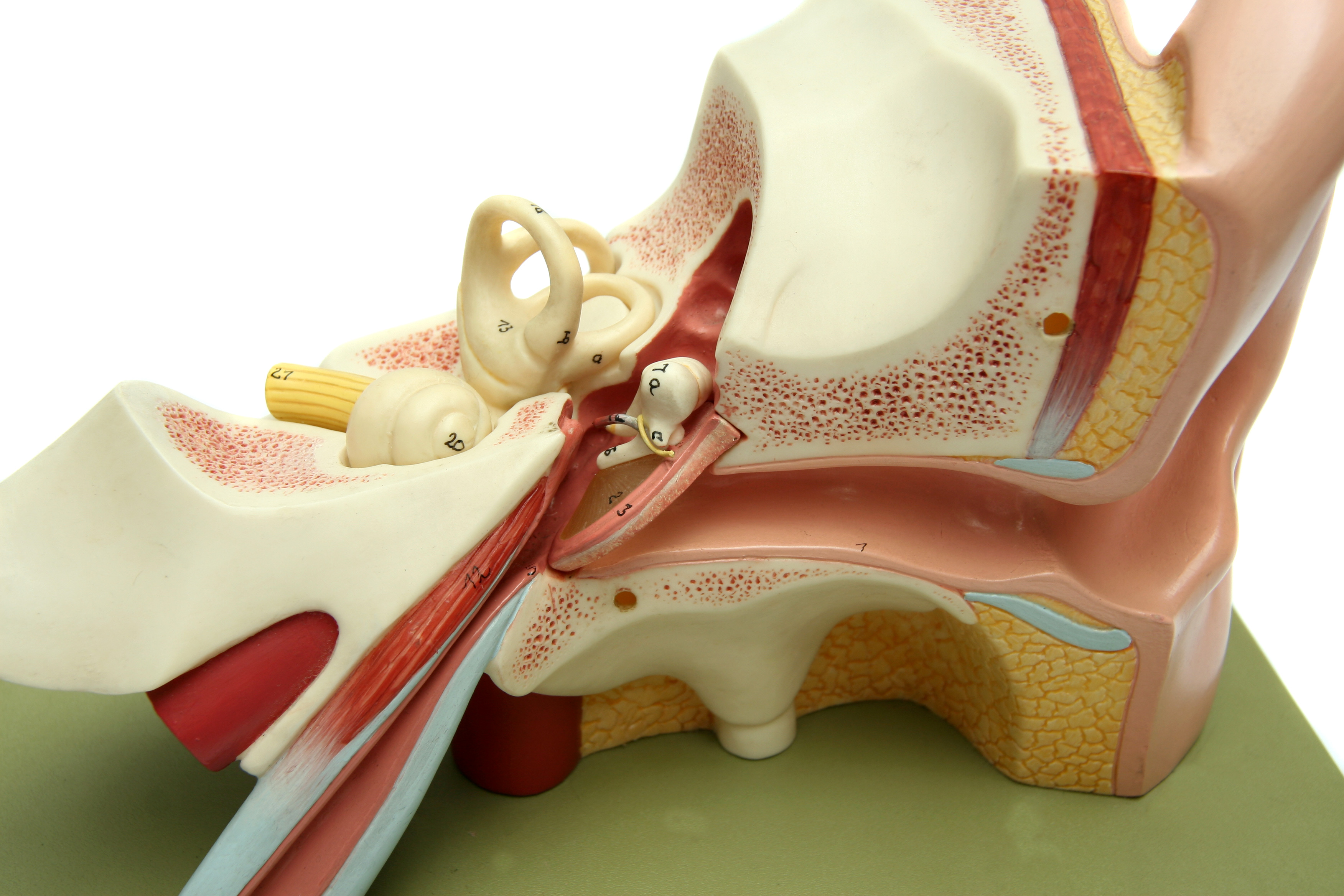
WEDNESDAY, April 6 (HealthDay News) — Young adult Mexican migrants in the United States are much more likely to suffer depression and anxiety disorders than family members of migrants who remain in Mexico, a new study finds.
Researchers compared the mental health of 259 male and 295 female migrants in the United States with 904 male and 1,615 female non-migrants in Mexico.
“After arrival in the United States, migrants had a significantly higher risk for first onset of any depressive or anxiety disorder than did non-migrant family members of migrants in Mexico,” Joshua Breslau, of the University of California, Davis, School of Medicine, and colleagues, wrote in a journal news release.
However, this increased risk was limited to those aged 18 to 35, with the greatest risk among those aged 18 to 25.
“The finding that migrants are at a higher risk for onset of depressive and anxiety disorders after migration compared with family members of migrants who remained in Mexico provides the first direct evidence that experiences as a migrant might lead to the onset of clinically significant mental health problems in this population,” the researchers wrote.
The types of depressive disorders experienced by the young Mexican migrants included major depression and dysthymia (a less severe type of depression with long-term symptoms). The anxiety disorders they suffered included social phobia, panic disorder, post-traumatic stress disorder, and generalized anxiety disorder.
The study was published in the March issue of the Archives of General Psychiatry.
In 2007, there were about 12 million Mexican-born people in the United States, accounting for about 30 percent of the U.S. foreign-born population and 25 percent of the U.S. Hispanic population, according to the researchers.
More information
The U.S. National Institute of Mental Health has more about depression.

